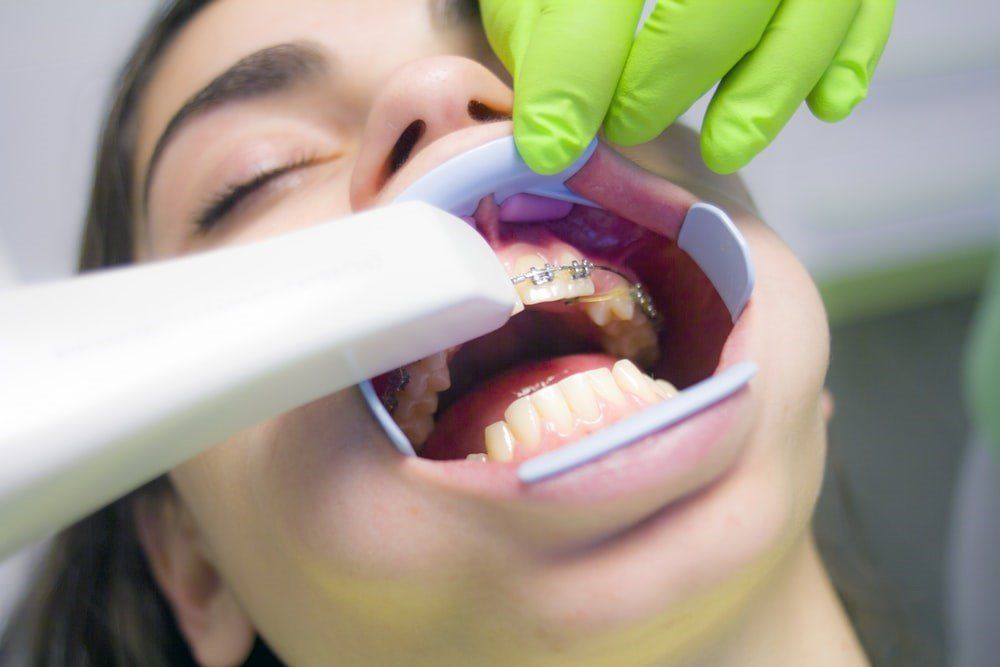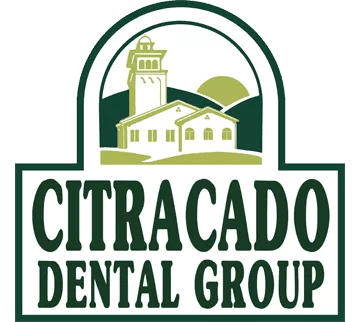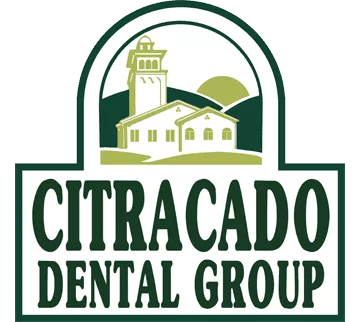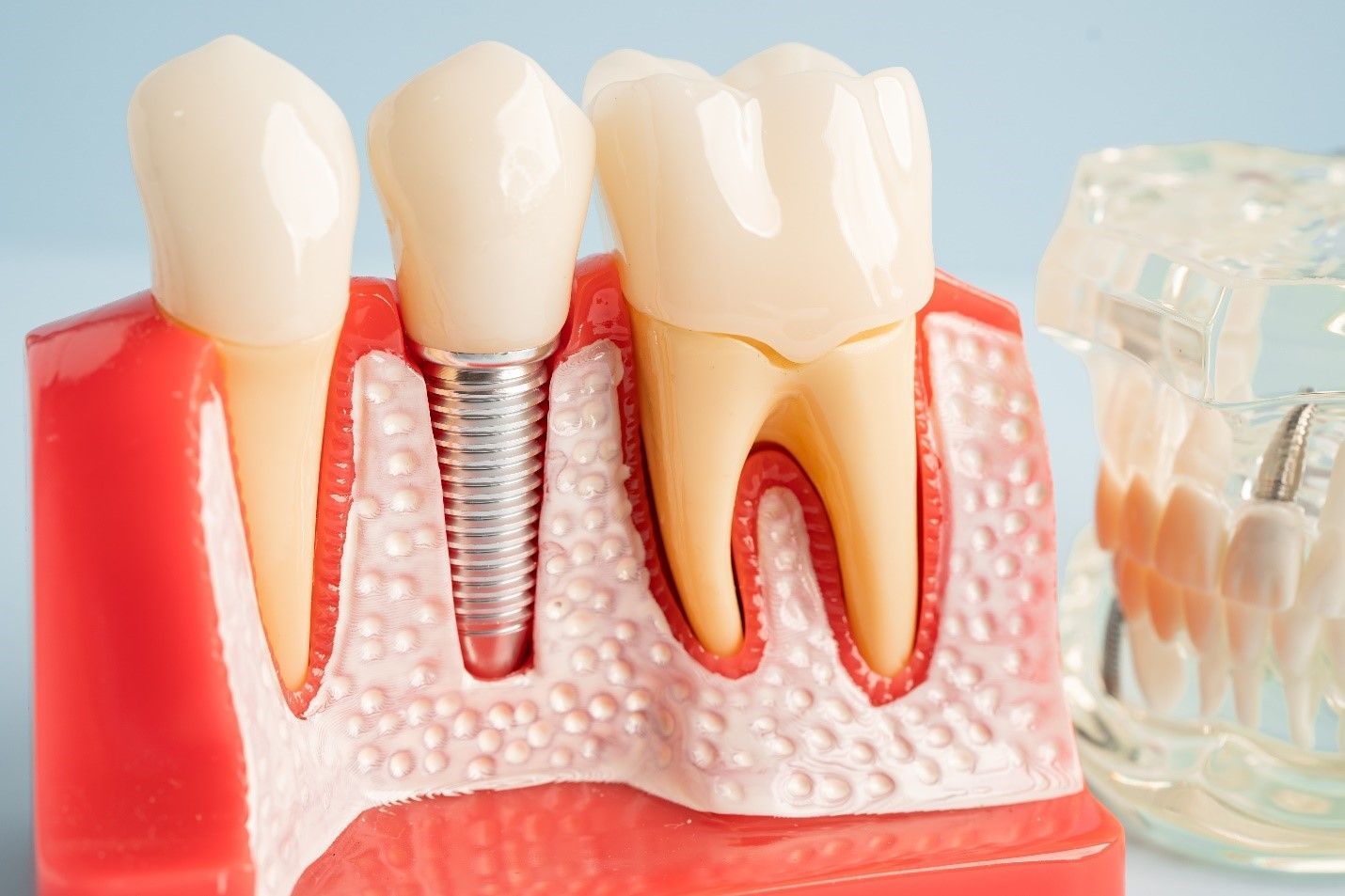5 EASY WAYS TO REDUCE AND PREVENT CAVITIES

Cavities do not have to be a way of life
You may have gone for a regular checkup feeling great only to learn that you’ll have to come back because you’ve develop a cavity, a permanently damaged area inside the hard surface of your teeth.
While filling a cavity is a routine procedure, it doesn’t have to be routine in your life. Here are a few ways to help prevent and reduce the development of cavities.
Antibacterial mouthwash
One of the biggest oral villains is bacteria, which contribute to infections, tooth decay and gum disease.
Regular use of mouthwash substantially reduces these harmful bacteria inside the mouth that’s left behind from eating and drinking throughout the day.
While rinsing with mouthwash is no substitute for brushing and flossing, it does provide extra protection and reduces the risk of developing cavities. It also goes a long way in refreshing breath.
Cutout smoking
Along with the overall health risk of smoking, this habit can cause tremendous harm to oral health as well.
Smoking tobacco and nicotine products chokes off oxygen in the bloodstream, which can have adverse impacts to gum health and give rise to bacterial plaque.
The harmful substances in smoking products can eat away at the oral structures and cause enamel breakdown and cavities.
Drinking water
By drinking more water you can stay away from consuming beverages that are high in sugar or acidity, both of which can play a role in tooth enamel reduction and the development of cavities.
When you have coffee or tea, consider drinking a glass of water afterward to help wash away lingering sugars or other residue.
Better toothbrush and technique
Your daily toothbrushing routine can be made better by simply using a better toothbrush and improved technique.
A soft-bristled manual toothbrush and an optimal brushing angle are all you need to maximize the way you brush.
Regular office visits
Coming into your dental office on a regular basis accomplishes a number of things that advance oral health. Routine visits give you the opportunity for a cleaning and examination, both of which are crucial to preventing disease and maintaining excellent oral health.
QUICK MENU
RECENT POSTS






